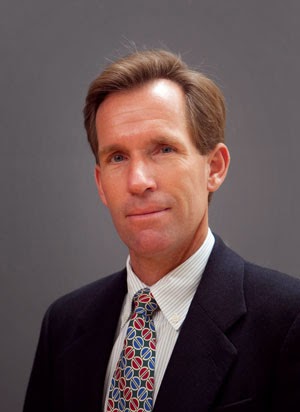- Public Policy
- Leadership
- Funding
- News & Events
- About the Center
Back to Top Nav
Back to Top Nav
Back to Top Nav
Back to Top Nav
This ongoing series explores sessions of the Rockefeller Leadership Fellows (RLF) program. RLF provides fellows with resources in leadership theories and practical skills. Selected their Junior Spring, these Seniors take part in the workshops, dinner discussions, and team-building exercises as they gain a better understanding of the qualities and responsibilities necessary for leaders and successful leadership styles.
Professor Ronald Shaiko, a Senior Fellow and the Associate Director for Curricular and Research Programs at the Rockefeller Center, joined the Rockefeller Leadership Fellows to discuss challenges to leading civil society. While the existence of civil society and an attitude directed at helping others in need is often taken for granted in the United States, Professor Shaiko drew from his extensive experience to illustrate how rare this “other-regardedness” is around the world. Citing his assistance to a driver whose car had broken down in Warsaw, he turned to the role of the US government in ensuring the survival of a strong civil society. This background served to underpin Professor Shaiko’s call to action.
 |
| Professor Shaiko |
In order to impact social change, we need not join the government, though we may. Instead, the role of nonprofit leadership in the maintenance of a strong civil society is key. Nonprofit leadership should not and is not limited to career nonprofit workers, however. Strong leadership in civil society requires a range of experience from nonprofit volunteer work to corporate wherewithal.
All of us will play a role in American civil society, but Professor Shaiko was careful to bring us back to the present. He called for us to judge Dartmouth’s civil society, and how well it works to build bonding and bridging social capital. Bonding social capital, described as connections within like groups of individuals, grows naturally, and at Dartmouth, the case is no different. One real challenge of collegiate civil society, which Professor Shaiko has written on, is facilitating bridging of social capital, or bringing together groups that have different backgrounds from one another. Nudging individuals into interactions outside of their comfort zones is difficult in a transient group like Dartmouth’s student body, but is essential to our own civil society
-Written by John Howard '15, 2014-2015 Rockefeller Leadership Fellow
Ronald G. Shaiko is in the midst of his 25th year of university teaching and his eleventh year at Dartmouth College as a senior fellow and the associate director for curricular and research programs at The Nelson A. Rockefeller Center. In November of 2007, he received the Linda ’82 and Paul Gridley Faculty Fellow Award from the Dean of the College; the award recognizes exemplary faculty involvement outside the classroom. Prior to coming to Dartmouth, Shaiko was the Fulbright Distinguished Chair in American Politics in the American Studies Center at Warsaw University in Poland during the 2000-2001 academic year. Throughout the decade of the 1990s, Shaiko taught at American University, where he founded and served as the academic director of the Lobbying Institute. During his 10 years at American, Shaiko served as an American Political Science Association Congressional Fellow in the U.S. House of Representatives in 1993-1994 and as a Democracy Fellow at the United States Agency for International Development in 1998-1999. During his academic career Professor Shaiko has received more than $1.3 million in grants, fellowships, and awards.